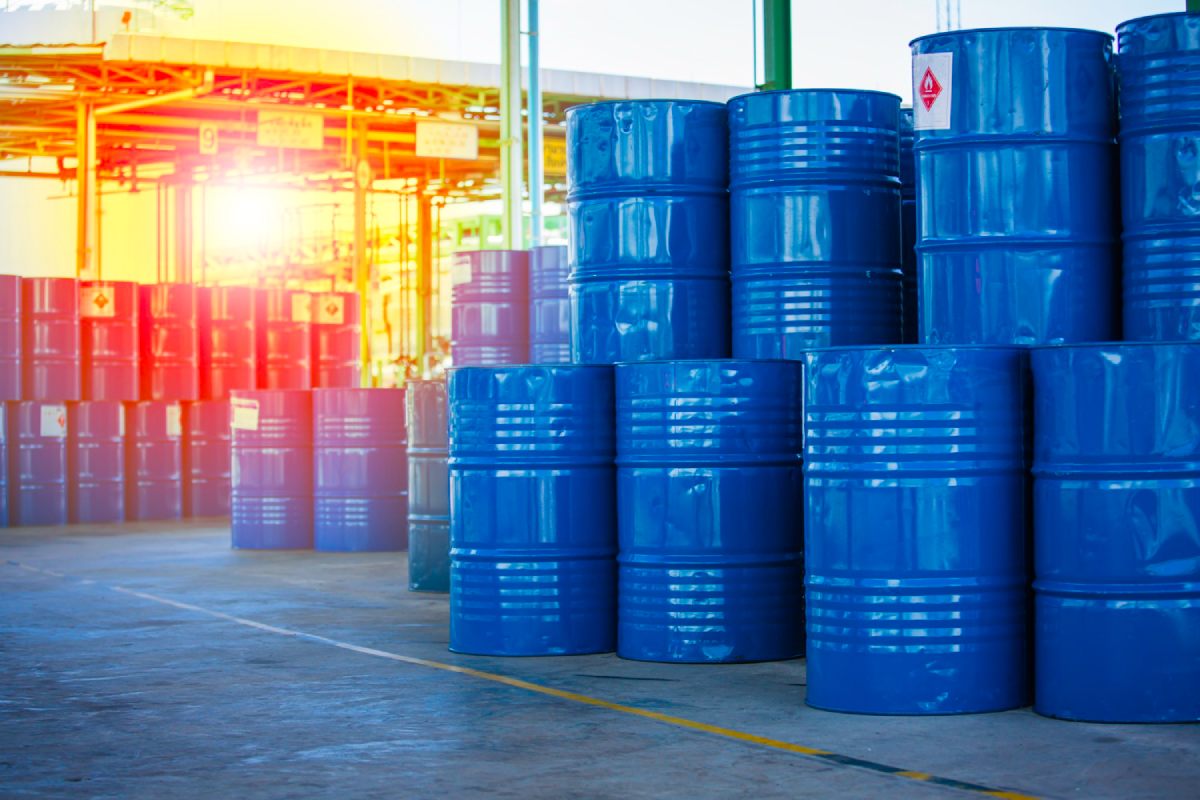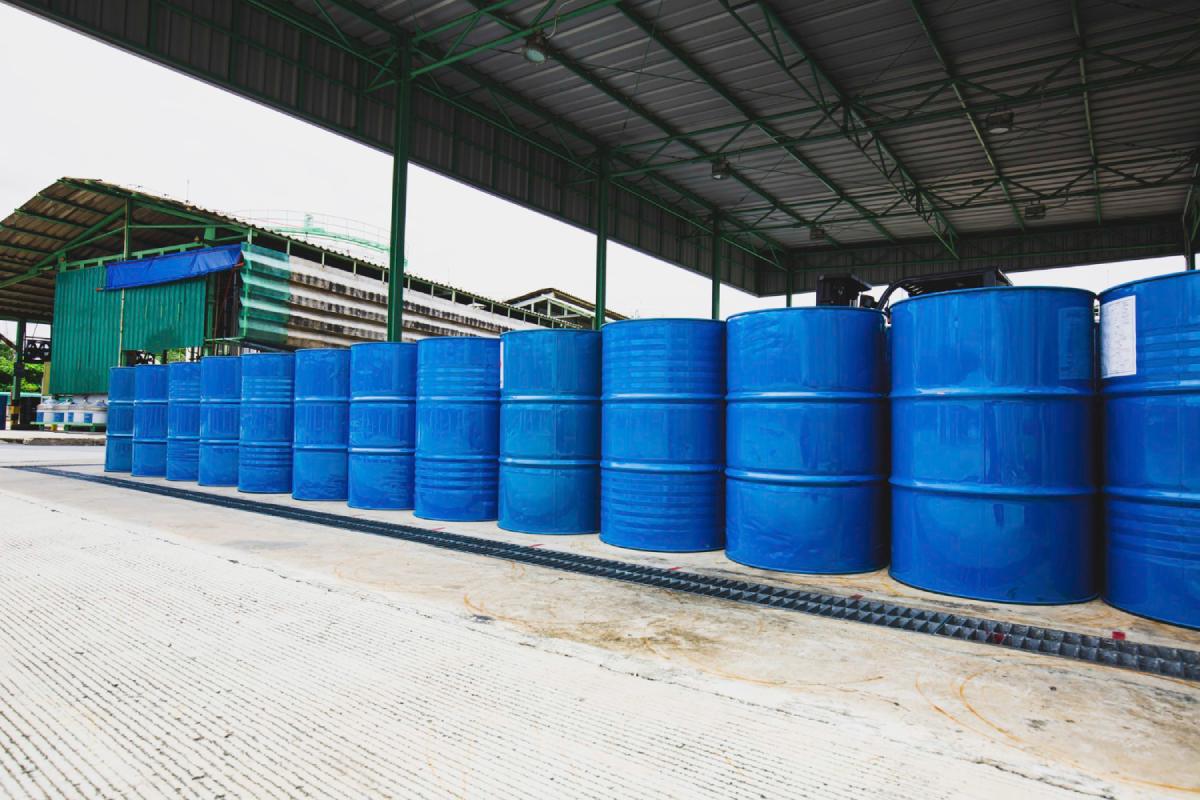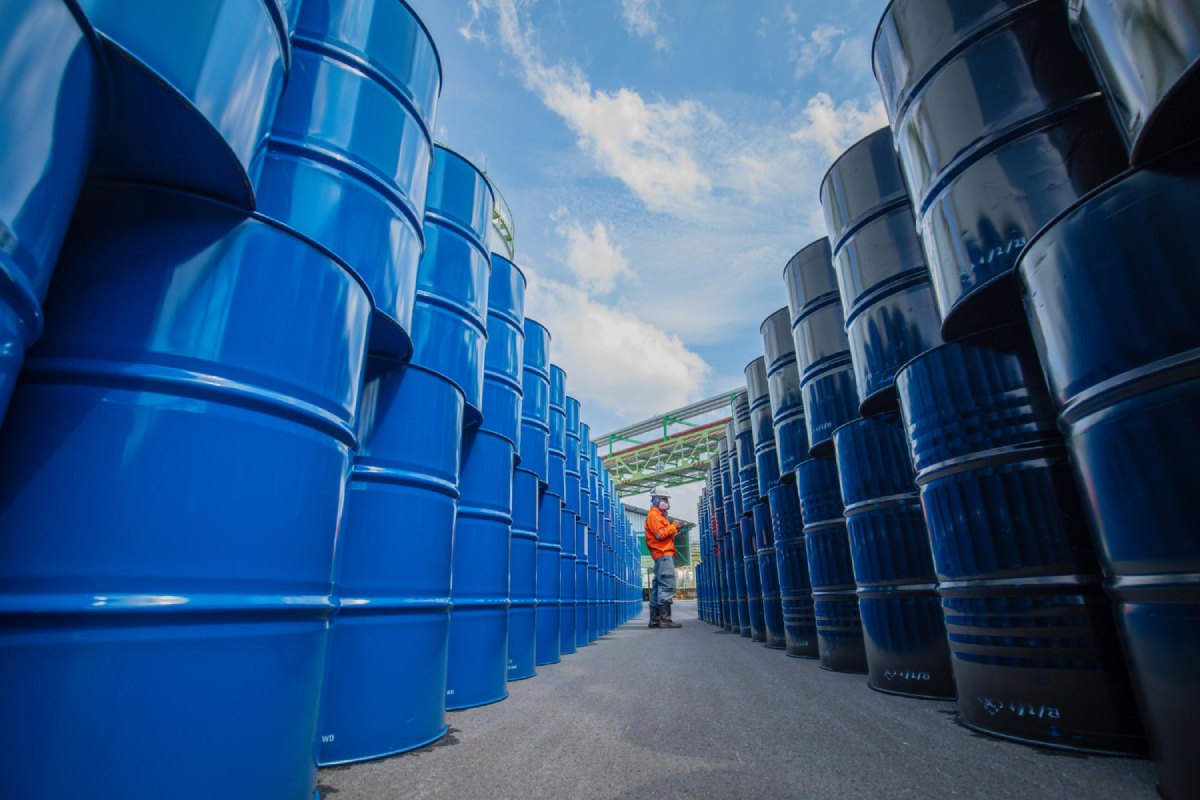
Understanding AdBlue Quality Standards
Maintaining high standards in AdBlue Production is crucial for ensuring its effectiveness in reducing emissions. International regulations, including ISO 22241, set strict requirements for urea concentration, purity, and overall composition. Compliance with these standards guarantees that AdBlue functions efficiently in selective catalytic reduction (SCR) systems.
Key Ingredients and Purity Control
The quality of AdBlue relies heavily on the purity of its raw materials. The urea used must be free of impurities that could damage vehicle engines or emission systems. Deionized water plays a crucial role in ensuring the solution remains stable and effective. Any contaminants can lead to performance issues and increased emissions.
Filtration and Contaminant Removal
Filtration is a critical step in AdBlue Production to eliminate unwanted particles and residues. Advanced filtration methods help maintain the solution’s integrity and prevent harmful substances from affecting engine components. Ensuring a contaminant-free product reduces the risk of vehicle malfunctions and ensures regulatory compliance.
Monitoring Production Conditions
Temperature and mixing conditions greatly impact the consistency of AdBlue. Precise control over these factors prevents crystallization and ensures a homogenous solution. Automated monitoring systems help maintain ideal production conditions, reducing errors and ensuring consistency across batches.
Quality Testing and Certification
Each batch of AdBlue undergoes rigorous testing to verify its compliance with industry standards. Laboratory analyses check for urea concentration, pH balance, and impurity levels. Certified testing ensures that the final product meets required specifications before it is distributed to consumers.
Storage and Handling Best Practices
Proper storage is essential for maintaining the integrity of AdBlue. It should be kept in sealed, non-reactive containers at controlled temperatures to prevent degradation. Exposure to direct sunlight or extreme temperatures can compromise the solution’s effectiveness. Following correct handling procedures minimizes the risk of contamination.
Regulatory Compliance and Market Standards
Ensuring that AdBlue Production meets global regulatory standards is key to its widespread adoption. Manufacturers must comply with environmental laws and quality certifications to distribute their products legally. Compliance not only enhances reliability but also boosts consumer trust in the brand.
Conclusion
Ensuring high-quality AdBlue Production involves strict adherence to purity standards, rigorous testing, and proper handling. By following best practices, manufacturers can guarantee a reliable product that supports emission reduction goals. With increasing environmental regulations, maintaining superior quality in AdBlue will continue to be a priority in the industry.
FAQ
- Why is quality important in AdBlue Production?
- High-quality AdBlue ensures efficient emission reduction and prevents vehicle system malfunctions.
- How is AdBlue purity maintained?
- AdBlue Production follows strict filtration and testing processes to remove contaminants and ensure regulatory compliance.
- What happens if AdBlue is contaminated?
- Contaminated AdBlue can damage SCR systems, leading to higher emissions and costly repairs.
- What storage conditions are required for AdBlue?
- AdBlue should be stored in temperature-controlled environments to prevent degradation.
- Does AdBlue expire?
- Yes, but when stored correctly, it can last up to a year without losing effectiveness.
- How is AdBlue tested for quality?
- Laboratory tests measure urea concentration, impurity levels, and pH balance to verify compliance.
- What are the key regulatory standards for AdBlue?
- ISO 22241 is the primary standard ensuring AdBlue Production meets industry quality requirements.
- Can improper AdBlue affect vehicle performance?
- Yes, low-quality or contaminated AdBlue can cause engine inefficiencies and emission failures.
- Why is filtration important in AdBlue Production?
- Filtration removes particles and prevents harmful substances from affecting engine performance.
- Is AdBlue environmentally safe?
- Yes, it helps reduce nitrogen oxide emissions, contributing to cleaner air and a healthier environment.


